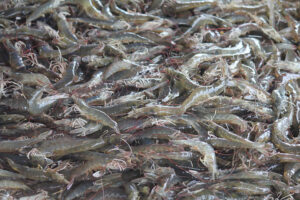
Management-practices survey targets European shrimp producers and experts
Study aims to increase awareness and knowledge about shrimp grow-out to enhance product quality, optimize efficiency and address animal welfare.
Survey says ready-to-eat seaweed products added to familiar foods drives consumer appeal, and other insights for the seaweed farming sector.

Study aims to increase awareness and knowledge about shrimp grow-out to enhance product quality, optimize efficiency and address animal welfare.

Kingfish Maine wins the final legal battle, as state’s high court upholds permits for land-based yellowtail aquaculture facility.
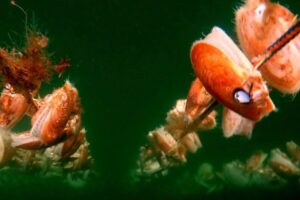
A new UMaine study compares scallop farming methods, offering insights to help Maine growers boost yields, reduce labor and increase profits.

FAIRR’s Laure Boissat discusses seafood traceability, sustainability and investor impact ahead of her panel at the Blue Food Innovation Summit.

A new study links plant-based diets with some fish and low-processed foods to higher odds of reaching 70 in good physical and mental health.

A new study finds that children who eat little seafood may be less likely to show prosocial behaviors like sharing and cooperating.
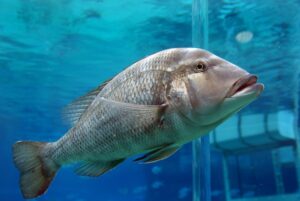
Using a recirculating aquaculture system, researchers successfully farmed the Queensland giant grouper in Europe for the first time.
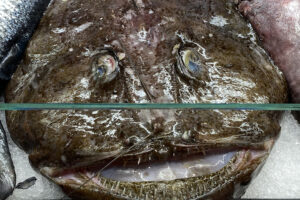
Addressing aquaculture’s top challenges and opportunities, a call for collaboration emerges at the North Atlantic Seafood Forum in Norway.
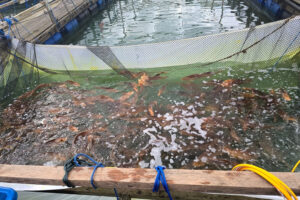
Identifying and selecting fish with favorable genetic profiles means that future generations of Malabar red snapper could contain more omega-3s.
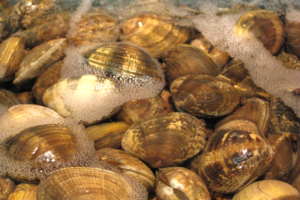
Overview of lipid and protein production in bivalve aquaculture includes insights for future management strategies to support industry growth.
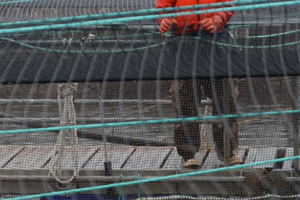
The Northwest Aquaculture Alliance is suing the Department of Natural Resources for its ban on commercial net pens in state waters.

A study finds that consuming lean and oily fish may slow multiple sclerosis progression, but more research is needed.

Using virtual reality, a Norweigan study finds young adults prioritize taste, habits and price over sustainability when buying seafood.

As Trump tariffs loom, the U.S.-Canada seafood industry faces rising costs, job losses and supply chain chaos, forcing leaders to act fast.
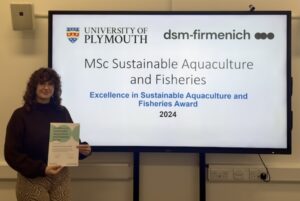
dsm-firmenich awards Naomi D. Smith for excellence in sustainable aquaculture, recognizing her commitment to eco-friendly seafood production.